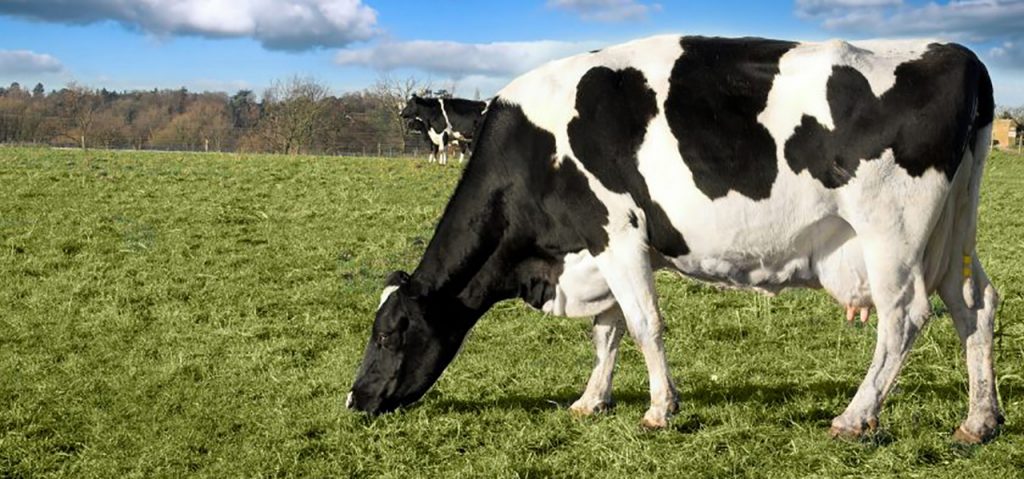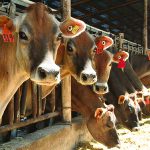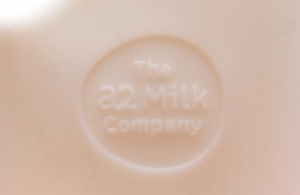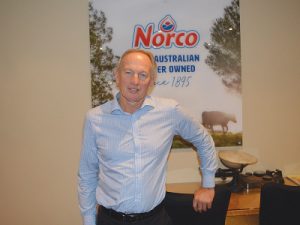
Last month saw another high-profile casualty in the dairy co-op sector, as New Zealand’s Westland was sold to Chinese company Yili.
This follows a turbulent few years for the dairy industry, with global prices remaining volatile and fierce competition for markets – while for those working in the UK and Ireland, there is the added uncertainty of Brexit, which threatens to disrupt operations.
Repercussions for co-ops include the pricing crisis and subsequent demutualisation of Australia’s Murray Goulburn – a major, long-standing player in the sector – and a large number of consolidations.
Last month in the US, the 300-member St Albans Cooperative Creamery, with farms in Vermont, New York and New Hampshire, merged with Dairy Farmers of America, which has 8,100 farms across the country and is based in Kansas City. It had been struggling with low milk prices for several years and saw a net loss of 20 farms from its membership, leaving it with too low a capacity to compete in the market. St Albans’s members voted 99% in favour of the move, which will bring much needed investment from DFA.
In Ireland, LacPatrick and Lakeland co-op merged, and Dairygold co-op has cited Brexit concerns as it signalled its willingness to talk with potential merger partners.
Such mergers can help co-ops pool resources and gain more leverage in the market. For instance, Latvian dairy co-operative Piena Cels has just announced plans to merge with Estonian co-op E-Piim so they can jointly invest €100m in a new dairy plant in Estonia for processing milk.
The plans – backed by EU funds, a bank loan and private investments – will allow dozens of small co-ops to improve their market position.
“It is absolutely necessary. The present situation in Latvia – 33 dairy co-operatives – in such a small territory is absurd. It is not the future,” said Piena Cels chair Raimonds Misa.
The troubles affecting the dairy industry are highlighted by New Zealand dairy co-op Fonterra, which expects to make a reported loss of $590-675m for the year to 31 July.
The loss – which has forced Fonterra to axe this year’s dividend – comes from a mixture of factors. The co-op hit trouble with its drive for overseas expansion, which has seen it close a business in Venezuela and suffer impairments on a Brazilian venture. It has also been impacted by domestic competition and environmental factors, with a drought hitting its Australian operations.
Drought has also affected the industry in Europe, with dairy co-op Arla handing all its profits to members hit by last year’s heatwave. This points to climate change hitting the agri sector with a double whammy, putting pressure on them to reduce greenhouse emissions on the one hand, and bringing more uncertain weather conditions on the other.
But leading lights of the co-op movement say the model remains a resilient one, well-placed to help farmers ride out uncertainties in the market.
Craig Presland, chief executive of apex body Co-operative Business New Zealand, says he has no long-term concern that either of the country’s two remaining dairy co-ops – Fonterra, which produces around 82% of the country’s milk, and Tatua Dairy, which produces around 1%, will demutualise.
He says the co-op model remains an effective mechanism for farmers to get a good price for their milk while minimising the cost of inputs. But he also cites analysis of Westland’s downfall by farming expert Keith Woodford, which says co-ops must also ensure there is enough money left over for capital expenditure, and put good governance in place so managers cannot harm the co-op’s stability in the pursuit of growth.
In his study, Mr Wodford wrote: “Quite simply, the Westland co-operative got itself into a dreadful mess with too much debt and a non-competitive milk price relative to other companies.
“The root of that problem has been steadily developing over the last 17 years. Once Westland got on the slippery path, it could not find its way back to firm ground.”
He points to poor decisions, including “the first big mistake … they stayed with a traditional capital structure of cheap shares with no capital gain. The mantra was ‘cheap-in and cheap-out’.”
And when Westland saw opportunity for growth, it did not address the issue of funding the necessary increase in processing capacity. “Westland got carried away with reliance on debt,” he writes. “It became a slippery path.”
Even in 2009, he says, “there was time to change the policy and require new production to be equity funded at say NZ$4 (£2)or thereabouts. But it did not happen … I remain puzzled as to why Westland’s external directors did not argue for increased capital contributions. Perhaps they did, but if so, they did not argue hard enough.”
This failure presents lessons for the wider dairy co-op sector. He says: “The challenge is to balance capital retentions with annual payouts appropriately, while prudently investing in capital projects such as new or upgraded plants. This will ensure volumes can be processed efficiently and into value add products, while investments must provide returns above the weighted average cost of capital.
“Placing too higher portion of earnings into annual milk payouts, and not retaining enough for future capital projects and/or investments, can only lead to increased bank borrowings which can prove to be disastrous.”
He argues that any problems that do occur point not to flaws in the co-op model but to a lack of “wise decision making, good governance and
effective leadership”.
But in Ireland, a different row is being waged over milk prices – with dairy farmers saying they have been underpaid by their co-ops.
In April, the Irish Farmers’ Association said farmers were receiving the same prices they were paid in 1995, despite “massive investments made by farmers and industry to improve milk quality and lift our product mix further up the value chain”.
Gerald Quain, chair of ICMSA’s dairy committee, said such prices were significantly lower than the European average; with feed and fodder costs on the rise, this is putting a squeeze on dairy producers.





















